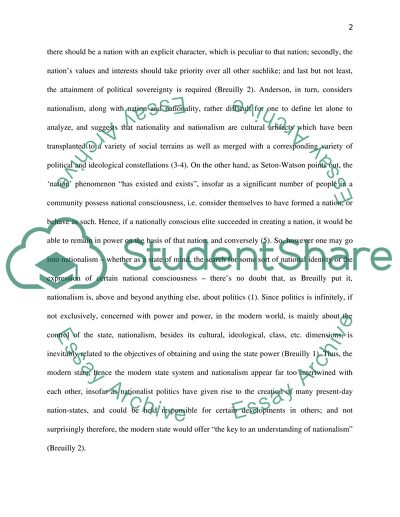Cite this document
(“'Nationalism has done more to shape the modern world system than Essay”, n.d.)
Retrieved from https://studentshare.org/history/1460908--nationalism-has-done-more-to-shape-the-modern
Retrieved from https://studentshare.org/history/1460908--nationalism-has-done-more-to-shape-the-modern
('Nationalism Has Done More to Shape the Modern World System Than Essay)
https://studentshare.org/history/1460908--nationalism-has-done-more-to-shape-the-modern.
https://studentshare.org/history/1460908--nationalism-has-done-more-to-shape-the-modern.
“'Nationalism Has Done More to Shape the Modern World System Than Essay”, n.d. https://studentshare.org/history/1460908--nationalism-has-done-more-to-shape-the-modern.


